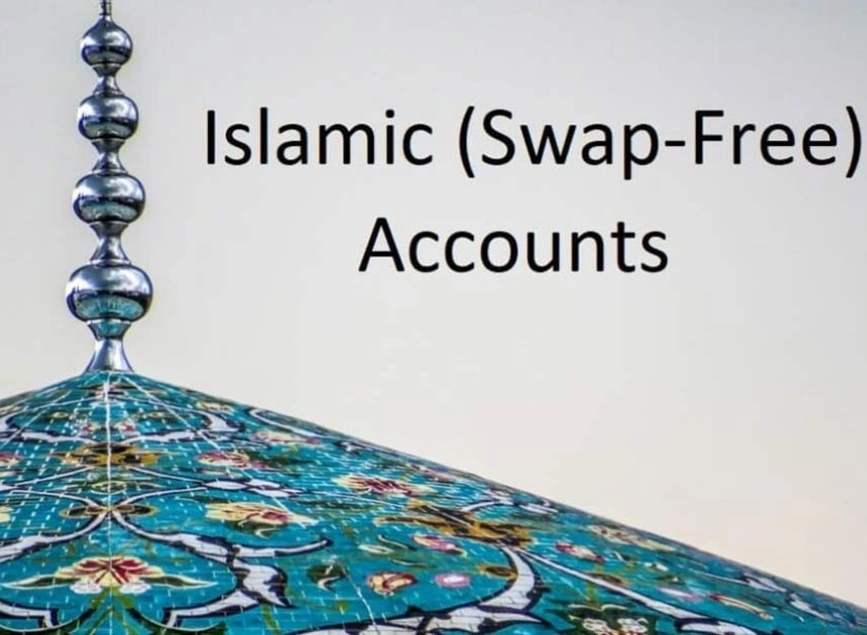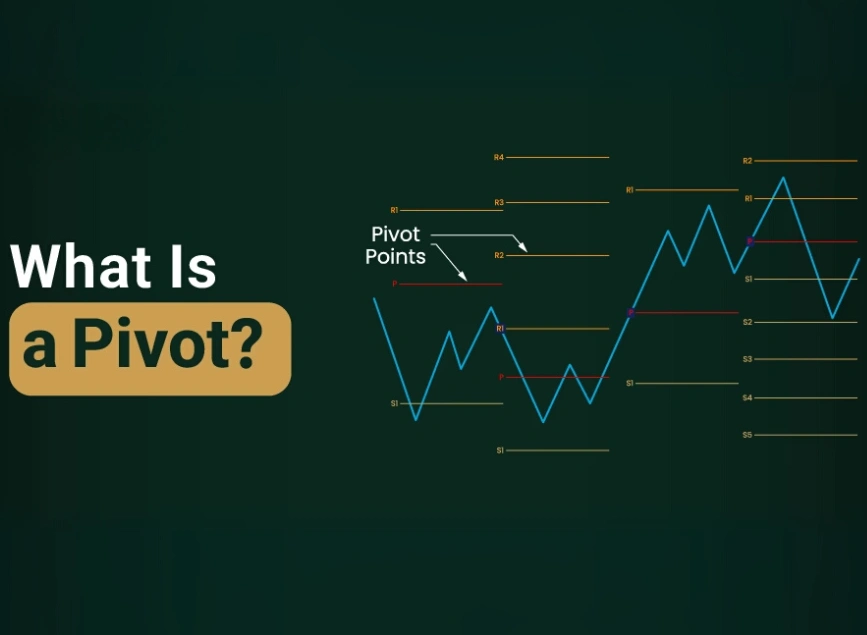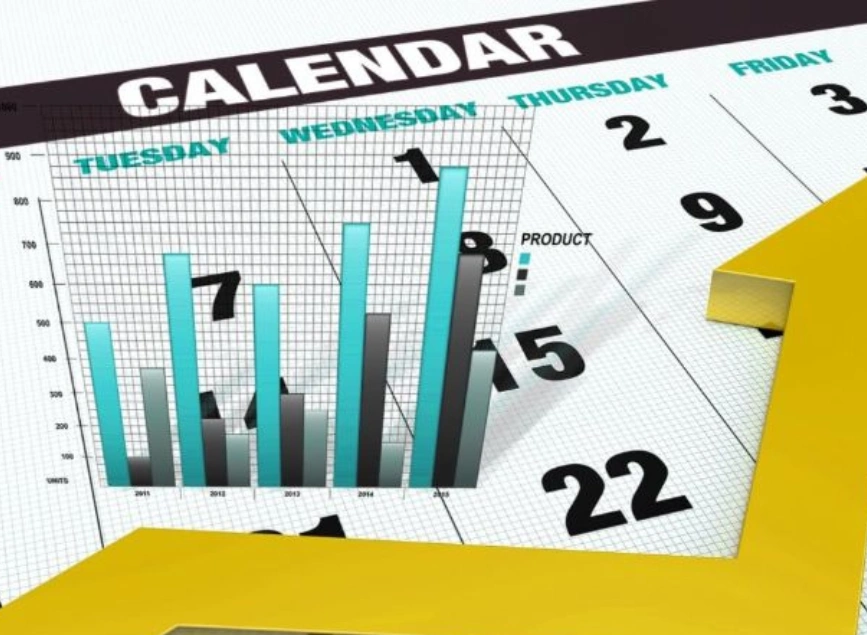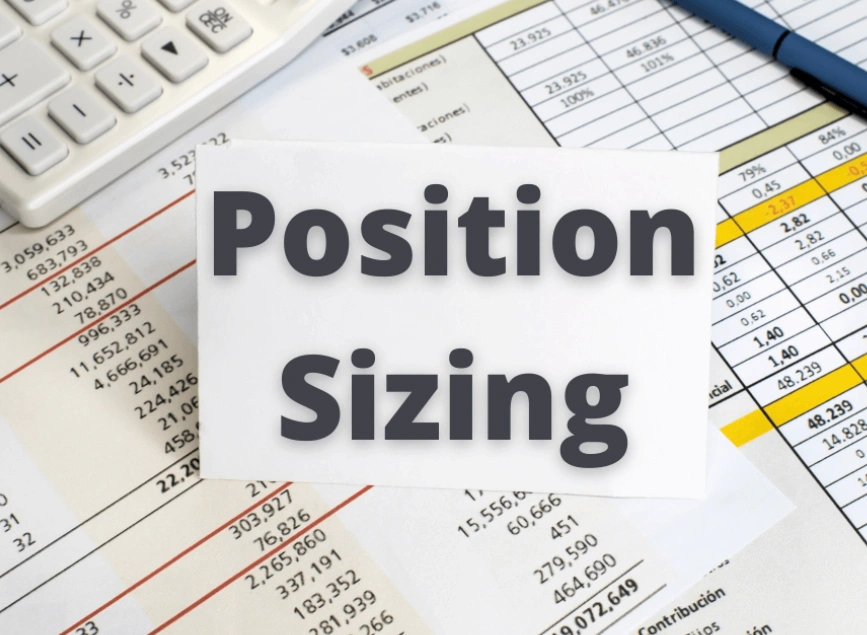
Sherlock Holmes Day: Trade Like the World’s Greatest Detective
Estimated reading time: 3 minutes
Table of contents
- 1. “You see, but you do not observe.” — The Trader’s Eye
- 2. “It is a capital mistake to theorize before one has data.” — Build a Case
- 4. “The emotional qualities are antagonistic to clear reasoning.” — Master Mind, Master Market
- 5. “Education never ends, Watson.” — Stay Curious
- Final Deduction: Trade with Holmesian Precision
“When you have eliminated the impossible, whatever remains, however improbable, must be the truth.”
— Sherlock Holmes
Today is Sherlock Holmes Day, a tribute to the brilliant detective who cracked the toughest mysteries with logic, sharp observation, and emotionless precision. But you don’t need a magnifying glass or a deerstalker hat to use Holmes’ genius—especially if you’re navigating the complex world of financial markets.
Believe it or not, the skills Holmes mastered are the same ones that make great traders:
- Observation,
- Deductive reasoning,
- Analytical thinking,
- Emotional control,
- Lifelong learning.
Here’s how you can use Holmes’ legendary approach to make smarter trades in today’s markets.
1. “You see, but you do not observe.” — The Trader’s Eye
Most traders glance at charts; Holmes would study them.
Real Market Example for Sherlock Holmes Day:
In 2020, before oil went negative for the first time in history, there were subtle signs:
- WTI futures were lagging Brent,
- Inventory reports were surging,
- Tankers were getting stuck at sea.
Only observant traders saw the puzzle pieces before the collapse.
✅ Your Strategy:
- Use multi-timeframe analysis (e.g., 4H + Daily + Weekly).
- Read between the lines of price action: Doji candles, volume divergences, support breakouts.
🕵️ “Train your eye to spot patterns others overlook.”
2. “It is a capital mistake to theorize before one has data.” — Build a Case
Like Holmes, successful traders don’t jump to conclusions.
Use Case of Sherlock Holmes Day:
Imagine gold is rallying. A beginner may assume “buy!”
But Holmes would ask:
- Is it due to inflation fears (CPI report)?
- Is USD weakening?
- Is it technical (breakout of $2,000 resistance)?
- Or seasonal (Q2 often sees gold spikes)?
✅ Your Tools:
- Fundamental: Follow economic releases (e.g., FOMC, CPI, NFP).
- Technical: Chart indicators like RSI, MACD, Fibonacci levels.
- Sentiment: Track COT reports, fear/greed index, and retail trader positions.
“Build your thesis on data, not hunches.”
3. “Eliminate all other factors…” — Filter the Noise
Markets are noisy. Holmes was a master at cutting clutter.
Example:
When Bitcoin pumped in late 2021, it wasn’t just retail hype.
Smart money watched:
- ETF approvals,
- Institutional flow,
- Blockchain data (wallet accumulation).
They eliminated the media frenzy and traded on core drivers.
✅ Your Approach:
- Mute Twitter during trading hours.
- Use economic filters in your platform (only show high-impact events).
- Track correlated assets (e.g., DXY vs EURUSD, gold vs inflation).
🎯 “Focus only on what truly matters to your position.”
4. “The emotional qualities are antagonistic to clear reasoning.” — Master Mind, Master Market
Holmes never let panic cloud his mind. Neither should you.
Data Insight:
According to a 2023 study by Myfxbook:
🔻 Over 70% of traders close winning trades too early,
🔺 While holding on to losing trades far too long.
Why? Emotion. Fear and greed.
✅ Solutions:
- Use a fixed risk-reward ratio (e.g., 1:2 minimum).
- Always set a stop-loss and take-profit—never “wing it.”
- Consider journaling trades for emotional review.
“Be clinical. The market owes you nothing.”
5. “Education never ends, Watson.” — Stay Curious
Markets evolve. So must you.
Sherlock’s Style:
He read endlessly—chemistry, politics, psychology. As a trader, your curriculum is:
- Monetary policy (central bank statements),
- Technical chart evolution (new patterns),
- AI tools and algo trading,
- Geo-political risks (e.g., war in commodity-rich regions).
✅ Your Development to Trade Like Sherlock Holmes:
- Take regular trading courses or webinars.
- Follow central banks (e.g., Fed, ECB, BoE) and major economic calendars.
- Join forums or trading groups—but think critically.
🎓 “A curious trader is a dangerous trader—in the best way.”
Final Deduction: Trade with Holmesian Precision
🧠 Being a great trader is not about luck—it’s about logical structure.
When you:
- Observe market clues carefully,
- Form data-driven hypotheses,
- Eliminate emotion and noise,
- Learn continuously…
You don’t just trade—you investigate the markets like a detective and Trade Like Sherlock Holmes!
Share
Hot topics

Best broker for gold trading
There’s always been a certain magic about gold. Before online charts and trading applications, people stored their wealth in coins and bars, trusting that gold would retain its value during...
Read more




Submit comment
Your email address will not be published. Required fields are marked *